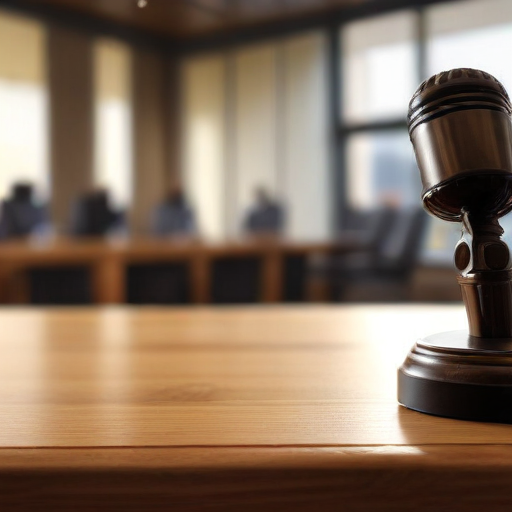Drake has initiated legal proceedings against Universal Music Group (UMG) and Spotify, asserting that the two companies colluded to unfairly boost interest in Kendrick Lamar’s diss track “Not Like Us” while simultaneously suppressing his own music. The petition, submitted to the New York Supreme Court by Drake’s company, Frozen Moments LLC, claims that UMG and Spotify engaged in a campaign designed to manipulate streaming services and the airwaves.
According to Drake’s attorneys, UMG allegedly conspired with unknown parties to employ automated bots to artificially increase the popularity of “Not Like Us,” misleading consumers about its actual reception. The petition also contends that UMG financially incentivized influencers to promote Lamar’s track on social media while establishing pay-for-play agreements with radio stations to enhance its visibility.
In response to these allegations, a UMG spokesperson described the claims as offensive and unfounded, asserting that the company upholds high ethical standards in its promotional practices. Spotify chose not to comment on the matter.
Drake and Lamar have both enjoyed long careers under UMG, with Drake signed to Republic Records and Lamar to Interscope. Presently, the petition serves as a precursor to a potential lawsuit, requesting the court to preserve related documents and information as further legal action looms.
This case emerges from an ongoing feud between the two rappers, marked by a series of diss tracks. Lamar’s accusations against Drake include serious allegations, while Drake’s responses have criticized Lamar on various fronts, including his collaborations and personal life. Notably, both artists have denied any wrongdoing.
Drake’s petition also claims that UMG manipulated streaming rates charged to Spotify in return for promoting Lamar’s work, even diverting users searching for Drake’s music to Lamar’s track. The attorneys assert that “Not Like Us” has achieved remarkable streaming success, potentially due to UMG’s tactics, leading to accusations that the company is prioritizing its executives’ profitability over the interests of its artists.
Furthermore, the legal documents suggest that UMG has been taking steps to obscure its alleged activities and that Drake has sought to resolve these issues directly but claims UMG has shown little willingness to take responsibility.
Drake’s team has leveled serious allegations, including violations of the Racketeer Influenced and Corrupt Organizations Act and deceptive business practices.
In light of this legal battle, it remains to be seen how the situation will unfold and whether the dispute can lead to a resolution that encourages collaboration and better practices within the music industry. This scenario underscores the complexities and challenges artists face in navigating their careers while working with major label entities. The hope is that this legal action may shed light on industry practices and foster a more equitable environment for all artists involved.
